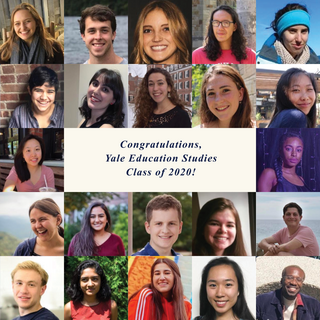Adviser: Richard Hersh
Second Reader: Talya Zemach-Bersin
Education Studies Program
Abstract: Racial disparities in outcomes represent one of the most troubling issues in healthcare. The source of this problem lies not only in access to care, but the interactions and judgements that play out once patients are in the room. In response to these troubling issues, providers have turned towards the concept of “cultural competency” in the education of medical providers. The widespread adoption of these practices, however, has outpaced thorough research on its efficacy; much of the analyses of cultural competency education’s ability to significantly reduce health disparities, or even bias more generally, remains inconclusive. More insidious are the historical vestiges of race-minded medicine, ideas of multiculturalism, normativity and, race essentialism, that constrain cultural competence’s pedagogical usefulness. Engaging with primary sources and historical texts, literature reviews and contemporary medical pedagogy, this paper assesses how history informs the continued use of cultural competence concepts in medical practice. As such, this paper is situated at the intersection of American medical history, racial justice, and ethics and empathy education in medicine. Several core assumptions of cultural competence are identified; mainly cultural-racial conflation, cultural positivism, and lack of structural fluency. Ultimately, the findings of this paper conclude a systemic and pervasive insufficiency of cultural competence ideology and application. Further, it is proposed that we no longer rely solely on the concept of cultural competency and instead adopt pedagogies related to cultural humility, critical health studies and structural competency as addenda to cultural competence education for the medical profession.
Keywords: Cultural Competency, Structural Competency, Critical Health Studies, Cultural Humility, Social Justice in Medicine, Medical Education, Race and Medicine
